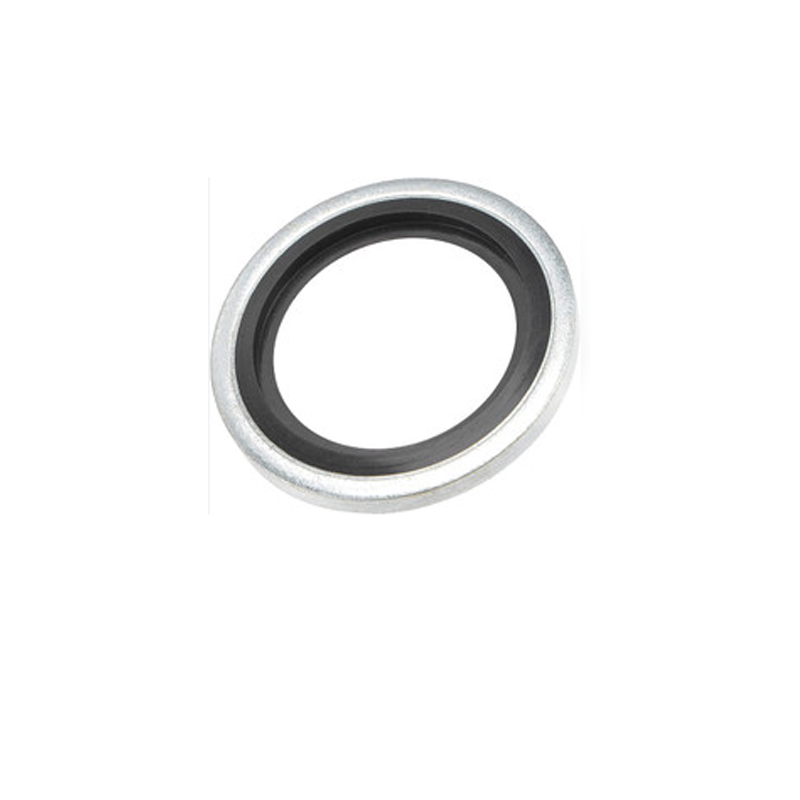Innovative Solutions for Floating Oil Seal Technology in Industrial Applications
Floating Oil Seal Enhancing Performance and Efficiency in Various Applications
In the world of mechanical engineering and manufacturing, the importance of seals cannot be overstated. Among the myriad types of seals utilized, floating oil seals play a pivotal role in various applications, especially in industries where lubrication is critical for optimal performance. This article will explore the concept of floating oil seals, their design, advantages, and applications across different sectors.
What is a Floating Oil Seal?
A floating oil seal is a specialized type of seal designed to prevent the leakage of lubricating oil while accommodating the relative motion between two surfaces. Unlike traditional seals, which maintain a fixed position, floating oil seals can rotate freely with the shaft or hub they are mounted on. This characteristic allows them to adjust to slight misalignments or shifts in the housing, ensuring a tighter seal and reducing wear.
Design and Components
The design of a floating oil seal typically includes several critical components
1. Seal Lip This is the part of the seal that makes contact with the rotating shaft or surface, acting as the primary barrier against leakage. It is usually made of elastomeric materials that provide excellent flexibility and wear resistance.
2. Spring Many floating oil seals are equipped with a spring that exerts a constant pressure on the seal lip. This ensures that the lip maintains contact with the shaft, thereby enhancing its sealing performance.
3. Housing The housing holds the oil seal in place and is designed to accommodate the dimensions of the seal and the shaft. Proper housing design is crucial for preventing misalignment and ensuring the longevity of the seal.
4. Dust Exclusion Features Floating oil seals often include features designed to prevent contaminants like dust and dirt from entering the sealed area, thereby protecting the lubrication system.
Advantages of Floating Oil Seals
Floating oil seals offer several benefits over traditional sealing solutions
floating oil seal

- Enhanced Flexibility The ability to float allows for greater adaptability to misalignments, reducing the risk of seal failure due to improper installation or shifting during operation.
- Reduced Friction and Wear The design allows for smoother operation between the rotating shaft and the stationary housing, minimizing friction and prolonging the lifespan of both the seal and the machinery.
- Effective Oil Retention Floating oil seals are excellent at retaining lubricants, which is essential for preventing wear and tear in mechanical systems and ensuring efficient operation
.- Contaminant Protection By preventing the ingress of dirt and debris, floating oil seals help maintain the integrity of the lubricant, which in turn supports optimal performance and reduces maintenance costs.
Applications of Floating Oil Seals
Floating oil seals are utilized across a wide range of industries, including
- Automotive In vehicles, floating oil seals are commonly used in engines, transmissions, and wheel hubs to prevent oil leakage and to keep contaminants at bay.
- Industrial Machinery Many manufacturing plants rely on floating oil seals in their machinery to ensure efficient operation while protecting vital components from wear and tear.
- Aerospace In aerospace applications, where reliability is paramount, floating oil seals protect lubricated parts from both leaks and external contaminants.
- Marine In marine environments, floating oil seals safeguard critical systems on ships and boats, preventing leakage of lubricants that could lead to significant mechanical failures.
Conclusion
Floating oil seals represent a vital component in the mechanical systems of various industries. Their ability to adapt to misalignments, reduce friction, and prevent oil leakage while protecting against contaminants makes them indispensable in applications where reliable lubrication is essential. As industries continue to advance and demand higher efficiency and performance, the role of floating oil seals will undoubtedly expand, contributing further to innovation and reliability in mechanical engineering. With ongoing developments in materials and design technologies, floating oil seals are poised to remain a cornerstone of effective industrial solutions in the years to come.
-
Understanding the Front Main Engine Seal: Purpose, Maintenance, and Installation
News Jul.29,2025
-
Understanding O-Rings and Seal Rings: Types, Applications, and Custom Solutions
News Jul.29,2025
-
Understanding Crankshaft Oil Seals: Rear Seals, Pulley Seals, and Their Role in Engine Integrity
News Jul.29,2025
-
The Importance of Front and Rear Crankshaft Seals in Engine Performance and Oil Management
News Jul.29,2025
-
Crank Oil Seals: Functions, Types, and Cost Considerations in Engine Maintenance
News Jul.29,2025
-
A Comprehensive Guide to O-Rings and Seals: Types, Materials, and Global Applications
News Jul.29,2025
-
Mastering Diesel and Performance Engine Maintenance: A Guide to Critical Oil Gaskets
News Jul.28,2025
Products categories















